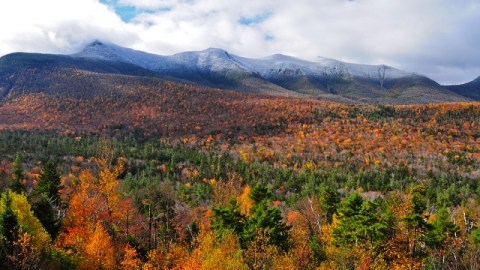Lessons In Managing Climate Change From Indigenous Peoples

What’s the Latest Development?
Coming out ahead of an Indigenous Peoples Climate Change Working Group meeting scheduled for next month at Dartmouth University, a special issue of Climatic Change highlights for the first time how the past and current experiences of native tribes can provide insights that could lead to better adaptation strategies for the future. While the issue’s focus is on the US, the authors note that indigenous communities around the world share the same challenges and could find the research valuable.
What’s the Big Idea?
The 13 articles include one from Dartmouth assistant professors Nicholas Reo and Angela Parker that describes how the arrival of European settlers to the area now known as New England “created a cascade of environmental and human changes that spread across North America, including human diseases, invasive species, deforestation and overharvest.” They point out that at one time New England was covered with old growth deciduous forest that was sustained by the land practices of the indigenous peoples who lived there. Collaboration between today’s tribal members — particularly those who work with nature, such as fishermen and farmers — and scientists could provide “a model for responsible and respectful international collaboration.”
Photo Credit: Shutterstock.com




